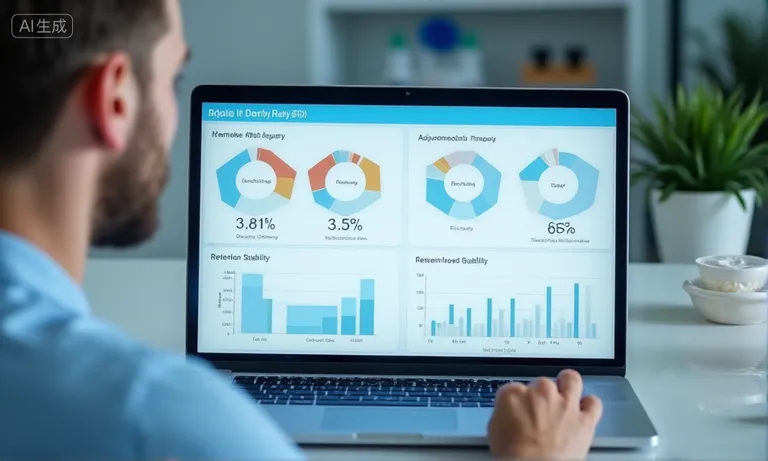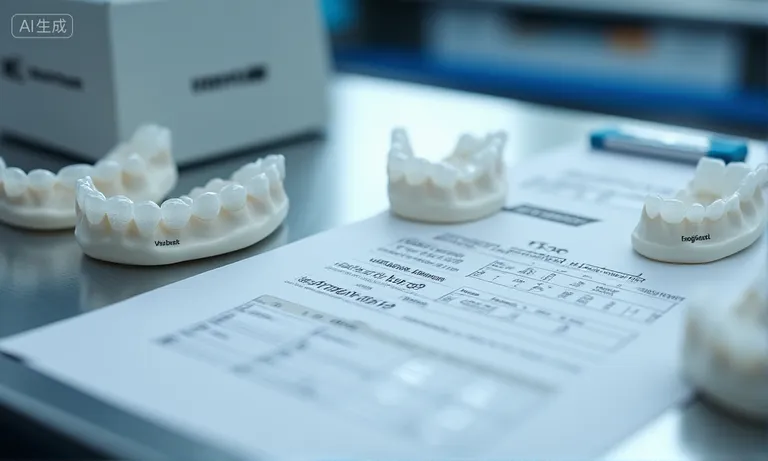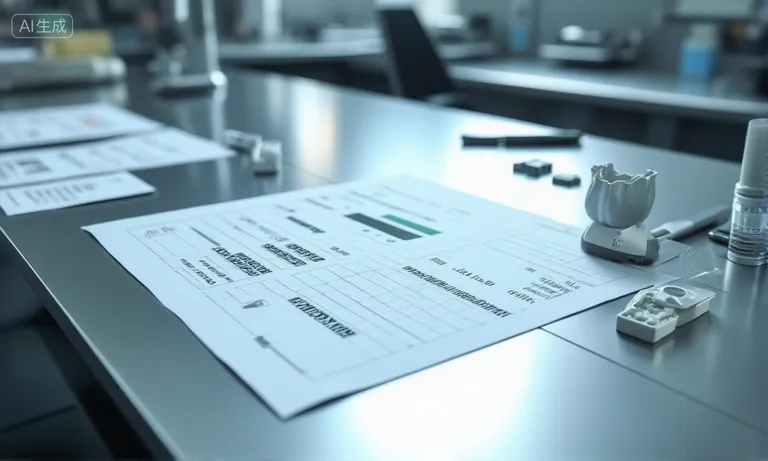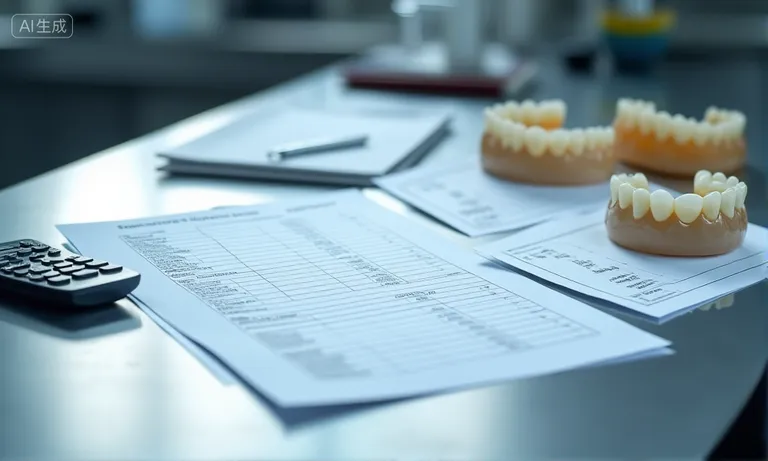Evaluating a dental implant lab partnership requires looking beyond price to measure long-term value. Cost matters, but true reliability depends on consistent turnaround times, verified material quality, efficient communication, and documented quality standards supported by international certifications.
Key considerations for buyers:
- Cost clarity – itemized pricing for materials, labor, shipping, and remake policies
- Hidden costs – rush orders, compliance risks, and cross-border delays
- Quality proof – ISO 13485, FDA approvals, technician credentials, SOPs
- Technology adoption – CAD/CAM integration, 3D printing, equipment calibration
- Reliability evidence – case portfolios, peer feedback, client retention rates
- ROI factors – productivity gains, fewer remakes, long-term cost savings
A structured evaluation balances short-term pricing with long-term performance. By prioritizing transparency, certification, and digital compatibility, procurement teams reduce hidden risks and secure sustainable partnerships that deliver consistent outcomes and growth potential.
Why Cost Alone Does Not Define a Good Lab Partnership
Cost alone does not define the value of an implant lab partnership because the lowest unit price often hides quality gaps, remake risks, and long-term inefficiencies. Buyers who focus only on price may face higher overall expenses once hidden costs and inconsistent reliability are factored in.

dental-lab-cost-vs-value-decision
The risks of choosing purely by lowest price
Selecting a lab on price alone exposes buyers to high remake rates, delivery delays, and inconsistent case quality. Even a small error in implant fit can cause costly chairside adjustments, erasing any savings from a cheaper quote. Over time, the “lowest bidder” approach often results in lost productivity and damaged trust with patients.
How hidden costs and opportunity costs affect total spend
Beyond invoices, hidden costs accumulate through remake fees, shipping delays, or compliance failures. Opportunity costs are equally important: every extra hour spent resolving lab errors is an hour not serving patients or growing the practice. What looks like savings on paper may actually increase the total cost of ownership.
Why long-term value depends on quality and reliability
Reliable turnaround, precise fits, and consistent quality reduce risk over the full partnership cycle. Long-term value is measured not only in financial savings but also in predictability, fewer remakes, and smoother clinical outcomes. Buyers often find that an overseas dental lab with structured QA processes offers better ROI than local vendors who compete mainly on price.
In practice, the most sustainable partnerships are built on a balance of cost and value. Price matters, but it should be weighed against documentation, certifications, and performance records. Raytops Dental Lab supports procurement teams by combining competitive pricing with transparent quality evidence, helping buyers avoid the trap of short-term savings that compromise long-term outcomes.
Breaking Down Direct Cost Factors
The direct cost of an implant lab partnership comes from materials, labor, and shipping, plus how pricing models and special policies are applied. Buyers who understand each element can identify whether a lab’s quote is transparent or leaves room for unexpected charges.

dental-lab-cost-breakdown-analysis
Itemized pricing for materials, labor, and shipping
- Materials: Zirconia, titanium abutments, and ceramics account for a large portion of per-unit costs.
- Labor: Technician time varies depending on case complexity, design adjustments, and implant systems used.
- Shipping: International logistics, customs clearance, and courier fees can significantly affect the final invoice.
Buyers should request itemized quotes to see how each category contributes to the total cost.
Comparing pricing models: per-unit vs. bundled vs. tiered discounts
| Pricing Model | Description | When It Works Best |
|---|---|---|
| Per-unit | Fixed cost per restoration | Low-volume or trial orders |
| Bundled | Case-level pricing including abutment + crown | Implant cases with predictable workflows |
| Tiered discounts | Lower unit price as order volume increases | Large DSOs or distributors |
Understanding these models helps buyers align procurement with budget cycles and growth plans.
Evaluating policies for rush orders and remake fees
Rush order surcharges and remake fees often decide the real cost of outsourcing. A lab may offer low baseline pricing but apply steep charges when urgent timelines or remakes are involved. Reviewing these policies upfront helps buyers avoid unpleasant surprises. Overseas dental labs with structured remake policies, such as Raytops Dental Lab, often build predictability into contracts, giving buyers clarity about how exceptions will be managed.
Clear visibility into direct cost factors enables procurement managers to make informed comparisons across suppliers. Itemized quotes, transparent pricing models, and clearly defined policies are essential for ensuring that “competitive pricing” truly reflects total cost, not just the base unit price.
Identifying Hidden Costs That Undermine Value
Hidden costs in implant lab partnerships include remakes, communication delays, and compliance risks. These factors can quietly erode savings, making a seemingly low-cost supplier more expensive in the long run.
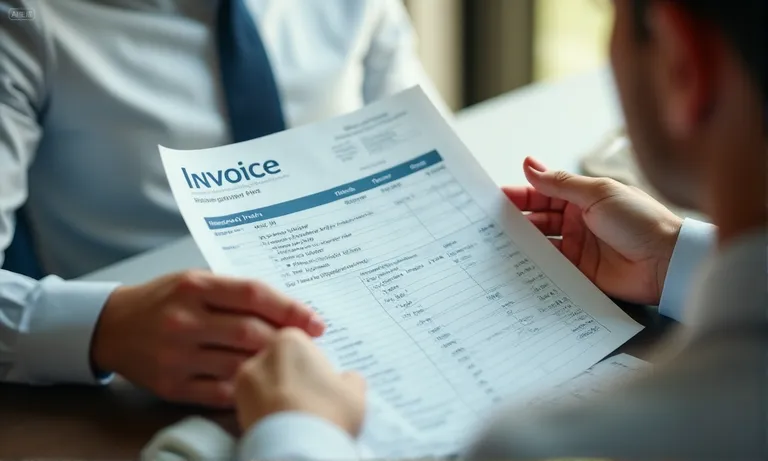
dental-lab-hidden-costs-analysis
Rework and remake rates and their financial impact
- High remake frequency means extra shipping, technician labor, and chairside time.
- Financial impact: even a 5–10% remake rate can offset the savings from choosing a lower-priced lab.
- Practical risk: repeated remakes undermine trust and disrupt patient scheduling.
Communication delays across time zones or language barriers
Delays in confirming designs, approvals, or case details can push back delivery by days. For busy practices, every delay adds hidden opportunity costs—longer chairside time, rescheduling patients, and extra admin burden. Choosing an overseas dental lab that invests in bilingual support teams and digital communication tools helps minimize this risk.
Customs, compliance, and regulatory-related risks
| Risk Type | Example | Hidden Cost Impact |
|---|---|---|
| Customs delays | Extended clearance at border | Extra storage fees and postponed delivery |
| Non-compliance | Missing FDA/CE certification | Seizure, fines, or unusable product |
| Regulatory mismatch | Misaligned local licensing | Rework costs and liability exposure |
Labs that proactively manage compliance documentation protect buyers from these silent cost escalations.
Hidden costs often outweigh direct price savings. Buyers should evaluate remake data, communication protocols, and compliance readiness before committing. Raytops Dental Lab emphasizes predictable remake policies and transparent compliance records, helping procurement teams calculate the true cost of partnership instead of chasing the lowest quote.
How to Measure Long-Term Value in a Lab Partnership
Long-term value in an implant lab partnership is defined by consistency, clinical outcomes, and scalability. These elements show whether a supplier can deliver predictable quality and support practice growth over years, not just a single case.
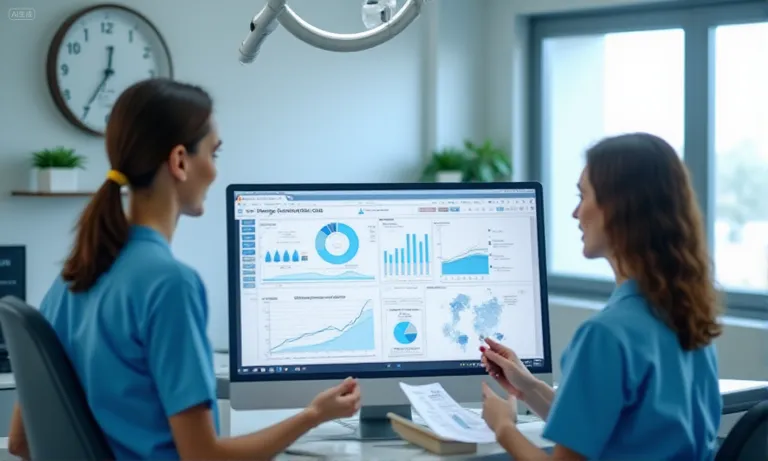
evaluating-long-term-value-in-dental-lab-partnership
Consistency in turnaround times and delivery reliability
- On-time delivery rates determine whether patient schedules remain stable.
- Turnaround consistency reduces stress on clinical teams by ensuring predictable workflows.
- Reliability metrics such as average delivery deviation are stronger indicators of value than unit cost.
Impact on clinical outcomes: accuracy and case success rates
The true measure of value is how restorations perform in patients. Accuracy in fit and occlusion minimizes adjustments, while high case success rates reduce remakes and strengthen patient trust. Labs that document clinical performance data provide procurement teams with evidence that pricing aligns with real-world quality.
Ability to scale with your practice’s growth and case complexity
- Volume flexibility: labs must handle growth without compromising turnaround times.
- Case complexity: from single crowns to full-arch implant restorations, capability across systems matters.
- Strategic fit: scalable labs allow practices to expand services without changing suppliers.
Long-term value is achieved when a lab delivers predictable turnaround, measurable clinical success, and scalable capacity. For procurement teams, these factors outweigh price per unit because they directly impact patient satisfaction and operational efficiency. As an overseas dental lab, Raytops Dental Lab emphasizes consistent delivery and scalability, giving buyers confidence that short-term savings will not compromise long-term growth.
Documentation and Certifications as Quality Evidence
Documentation and certifications provide objective proof of lab quality, showing that a supplier follows regulated processes, employs qualified staff, and maintains reliable quality control. These records turn subjective trust into measurable assurance for buyers.

dental-lab-quality-certifications-and-documentation
ISO 13485, FDA, and national board certifications
- ISO 13485 ensures compliance with medical device quality management systems.
- FDA registration confirms products are cleared for the U.S. market.
- NBC/NADL or local licenses validate technician training and adherence to regional regulations.
Technician qualifications, training, and continuing education
Certifications also extend to people. Buyers should confirm that technicians hold valid credentials, receive ongoing training, and participate in recognized associations. Continuous education reflects a lab’s commitment to staying current with new techniques and international standards.
Quality control records and SOPs for manufacturing and inspection
- Documented SOPs outline standardized production and inspection steps.
- QA records provide evidence of case-by-case checks.
- Remake and adjustment logs reveal how issues are tracked and corrected.
Procurement decisions backed by documentation and certifications reduce uncertainty and protect against compliance failures. These records act as a due diligence checklist, giving buyers a reliable foundation for judging long-term value. Raytops Dental Lab makes certifications and SOPs readily available, reinforcing transparency and making it easier for overseas clients to verify quality before scaling cooperation.
Evaluating Materials, Equipment, and Technology
Materials, equipment, and technology are the backbone of lab reliability, proving whether restorations meet safety standards, achieve consistent precision, and scale with digital workflows. Buyers should examine traceability, integration, and maintenance records before committing to long-term partnerships.

dental-lab-materials-equipment-technology-quality
Traceability and compliance of implant materials
- Certificates of origin for zirconia, alloys, and implant parts prove sourcing transparency.
- FDA or CE-approved materials protect patients and ensure market compliance.
- Batch tracking records provide traceability in case of defects or recalls.
Digital workflow integration: CAD/CAM and 3D printing
Digital tools define modern lab efficiency. CAD/CAM ensures consistent margins and occlusion accuracy, while 3D printing accelerates model production and appliance fabrication. Labs that integrate digital platforms also allow real-time design sharing, reducing approval delays and improving case turnaround.
Maintenance and calibration of production equipment
- Regular calibration logs for CAD/CAM mills and 3D printers ensure dimensional accuracy.
- Maintenance schedules prevent unexpected downtime.
- Third-party audits of equipment readiness enhance buyer confidence.
By verifying material certificates, digital integration, and equipment upkeep, buyers gain insight into a lab’s ability to deliver consistent results. Raytops Dental Lab emphasizes full traceability and proactive equipment maintenance, giving procurement teams measurable proof that technology investments translate into predictable clinical outcomes.
Confirming Value Through Portfolio and Peer Feedback
Portfolio reviews and peer feedback give real-world evidence of a lab’s reliability, allowing buyers to see not just what is promised but what is actually delivered. Case examples, testimonials, and retention metrics validate whether cost aligns with long-term value.
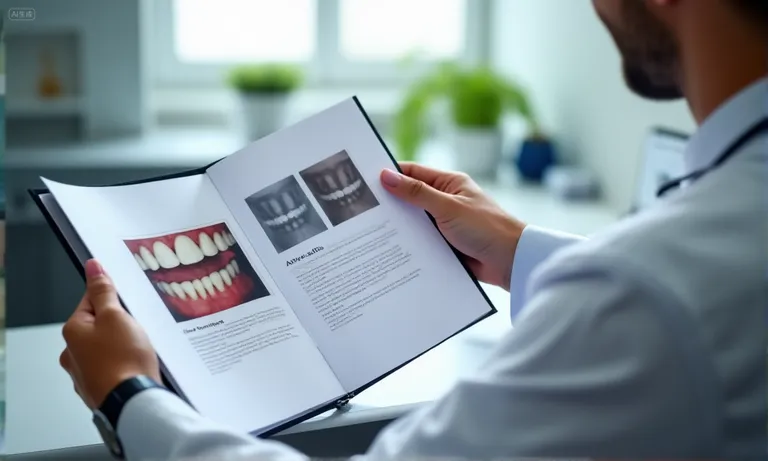
dental-lab-portfolio-and-peer-feedback
Reviewing restoration aesthetics and fit in past cases
- Case portfolios highlight occlusion accuracy, shade matching, and long-term durability.
- Comparing results across different implant systems shows versatility.
- Consistency of outcomes across multiple cases reveals process maturity.
Seeking referrals, testimonials, and peer insights
Referrals from clinics that have long-standing relationships with a lab reveal whether promises translate into practice. Testimonials often describe fit accuracy, turnaround reliability, and patient satisfaction. Peer feedback also serves as an informal audit, exposing hidden weaknesses that certifications alone may not show.
Checking client retention rates as proof of reliability
- High retention rates indicate sustained satisfaction and trust.
- Low turnover suggests predictable outcomes over time.
- Repeat business is often the strongest proof of value beyond pricing.
External validation closes the gap between marketing claims and measurable results. For buyers, combining portfolio review with peer insights ensures that a dental lab partnership is based on demonstrated performance. Raytops Dental Lab openly shares case studies and encourages referrals, allowing overseas clients to verify reliability through transparent evidence and professional feedback.
Additional Considerations for Sustainable Partnerships
Sustainable implant lab partnerships depend not only on cost and quality but also on how smoothly onboarding is managed, how transparent the pricing model is, and how long-term ROI is measured. These elements ensure the relationship remains productive and predictable over time.

sustainable-dental-lab-partnership-considerations
Onboarding process and first-case handling
A well-structured onboarding phase sets the tone for collaboration. Labs that provide clear guidelines, case submission protocols, and trial runs demonstrate commitment to aligning workflows early. Smooth handling of the first few cases reduces miscommunication and builds trust for larger-scale projects.
Transparent pricing models and renewal terms
- Detailed price breakdowns prevent hidden fees.
- Clear renewal terms allow practices to anticipate future costs.
- Flexible models (per-unit, bundled, or tiered) help clinics scale efficiently.
Long-term ROI analysis including remakes, maintenance, and productivity gains
- Remake rates directly affect hidden costs.
- Maintenance of digital workflows reduces downtime and waste.
- Productivity gains from consistent accuracy increase clinical efficiency.
Sustainable partnerships are built on transparency, trust, and measurable outcomes. When buyers evaluate onboarding, pricing clarity, and long-term ROI, they gain a complete view of value beyond unit price. Raytops Dental Lab emphasizes structured onboarding and open pricing policies, giving overseas clients confidence that collaboration will remain stable and mutually beneficial.
Conclusion
Evaluating cost in an implant lab partnership goes far beyond the unit price. True value is measured through predictable quality, documented processes, transparent pricing, and the ability to scale with confidence. When buyers examine materials, technology, certifications, and peer feedback together, they gain a complete picture of both risks and opportunities. This approach minimizes hidden costs and builds a foundation for sustainable cooperation. As an overseas dental lab, Raytops Dental Lab supports partners by aligning transparent pricing with long-term reliability, giving clinics the confidence to grow restorative and implant cases without uncertainty.


